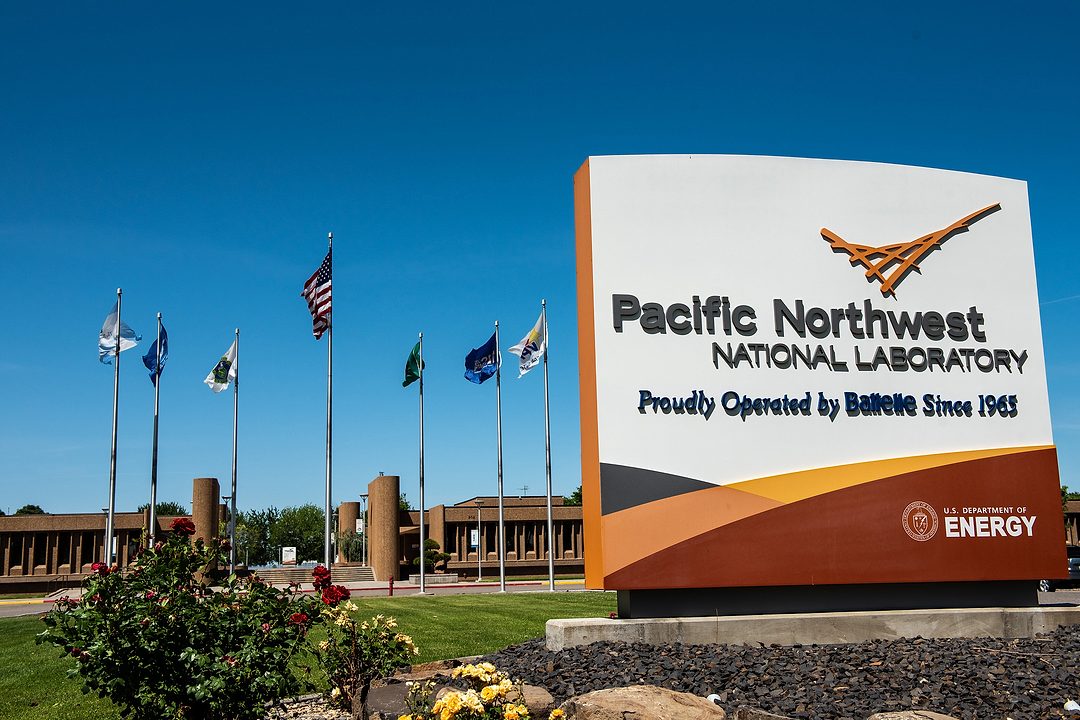
PNNL technologies win national awards
Three technologies developed at Pacific Northwest National Laboratory are among the winners in a top awards program for federal laboratories and their partners.
The winning entries in the 2025 Federal Laboratory Consortium Awards Program include a tool that automatically identifies building energy improvements to minimize life-cycle costs, a program to assist in finding patents, software to significantly increase the national laboratory system’s efforts to put its development out into the market, and a technology to harness silicon for low-cost, high performance batteries, according to a release from PNNL.
The awards focus on outstanding technology transfer achievements between federal labs and industry, according to the consortium. All entries are submitted to peer-based judging.
- The building energy efficiency tool, called the Facility Energy Decision System, won the Impact Award for its lasting impact on the marketplace. Its users over the past 30 years include civic governments and federal agencies like the U.S. Department of Defense and NASA, as well as utility companies, real estate management firms, nonprofits, educational institutions, energy consultants and entire island communities.
- The patents and software tool, called Visual Intellectual Property Search, earned a Technology Transfer Innovation Award. Developed at PNNL in 2024, the tool regularly collects patent information from the U.S. Patent and Trademark Office and software content from the Department of Energy Office of Scientific and Technical Information and then processes and enriches it using AI to assist users in identifying relevant technologies.
- PNNL’s work in harnessing silicon for battery technology won a regional award for excellence in technology transfer. It resulted from a partnership with Seattle-based startup Ecellix Inc. to develop and put out into the market new material that increases energy storage capacity in next-generation lithium batteries.
